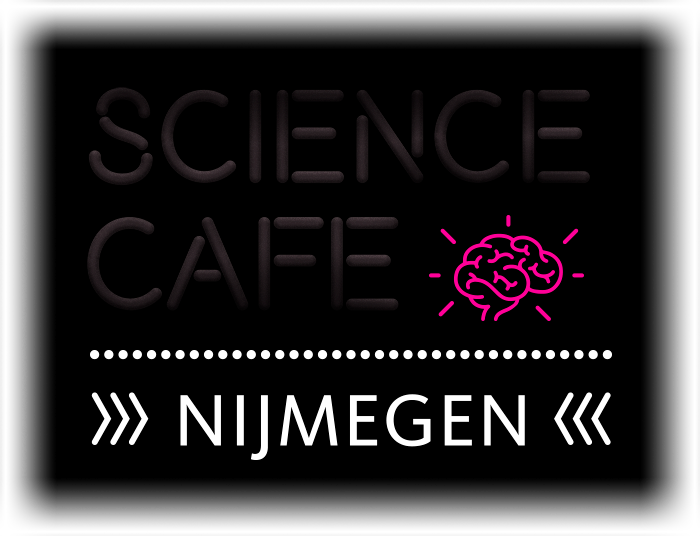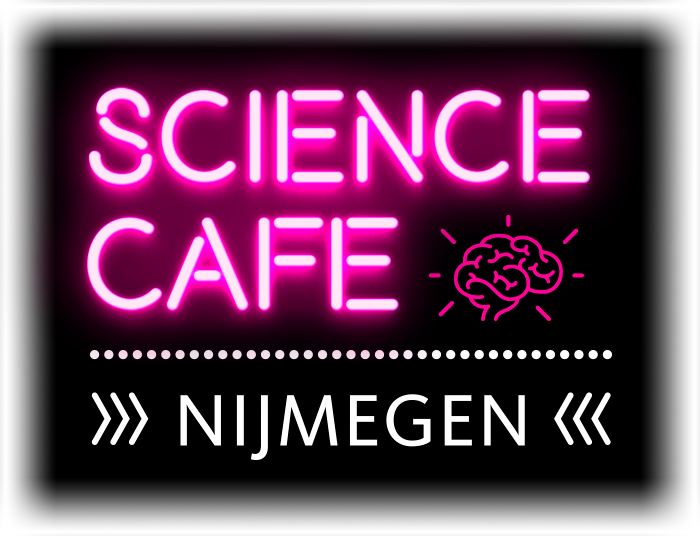9 April 2018
How we choose
the science of decision-making
Our lives consist of
a constant stream of choices and decisions, from careless mouse clicks to highly consequential decisions like having a child or not. Although we continuously deal with choices, we might not consciously experience the full process behind our reasoning. How exactly are all these decisions, shaping up our life, made? How do we determine which options are the most beneficial for our well-being? The study of decision-making attempts to understand and explain the mechanisms by which we process multiple alternatives and choose an optimal course of action. The ultimate goal is to construct accurate theoretical and practical models of how we decide, individually, and in interaction with others.
On Monday April 9th in the Science Café Nijmegen, Andrés Perea (Maastricht University) and Alan Sanfey (Radboud University) will discuss (in English) the science of decision-making from different perspectives. Perea will share his expertise on epistemic game theory. This discipline explores how people may reason and form beliefs about other people’s choices and beliefs (and so on), and how this then affects the eventual choices made. For a better understanding of our real-life choices, these rational economic models may be supplemented by social reasoning and emotions. By combining theory with behavioral experiments and functional neuroimaging, Sanfey studies the role of factors like shame, fear, guilt, trust and reciprocity, as well as constraints of the brain, to advance our insight in complex human decision-making. One decision really doesn’t seem to be that complex: just choose to be there!




 Attend
Attend


